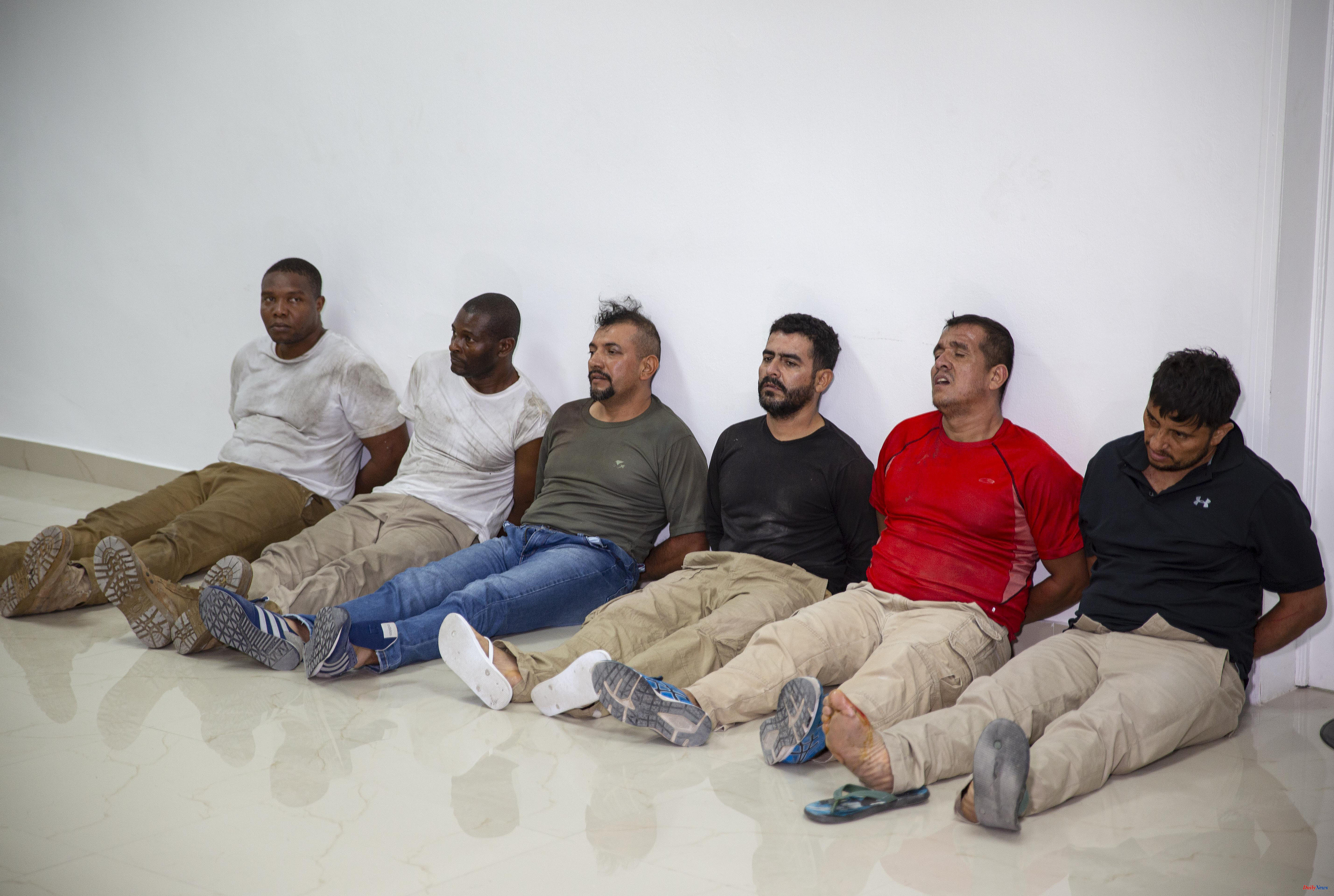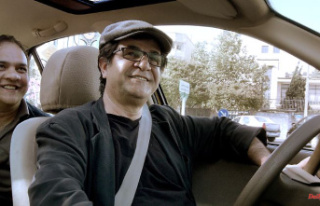Given the lack of responses in Haiti itself, the US narrows the circle around the alleged conspirators who plotted the assassination of President Jovenel Moïse in 2021. Four suspects were extradited to Florida, accused of organizing the plan that ended the life of the president and, previously, the attempted kidnapping of Moïse to force his resignation upon returning from an official trip to Turkey.
It is about the evangelical pastor Christian Sanon, who wanted to reach the presidency of the country; retired Colombian colonel Germán Rivera; of James Solanges, an employee of a security company, and of the informant of the US Drug Enforcement Agency (DEA) Joseph Vincent. About twenty Colombian mercenaries, under the command of Rivera, entered Moïse's home without much difficulty, where after torturing him (they broke his fingers and gouged out his eyes) they executed him. His wife, Martine, was seriously injured; she saved her life because the killers left her for dead.
The other three defendants, extradited last year from Jamaica, Panama and the Dominican Republic, are former senator Joseph Joel John, Colombian soldier Mario Palacios and businessman Rodolphe Jaar.
The FBI investigation thus adds seven alleged perpetrators, all of them imprisoned in Florida. On the Caribbean island, another 40 suspects remain under arrest, including the Colombian commando.
"Haiti is going through one of the most difficult moments in its history," Ambassador Leon Charles warned the Permanent Council of the Organization of American States (OAS) last Wednesday. A story that began with great heroic deeds, such as the one that led to becoming the first independent nation in Latin America and the Caribbean, and also the first to end slavery. The first black republic.
Since then, natural devastations and human tragedies have not stopped hitting her. The current "total earthquake" adds the violence of street gangs to the multi-crisis made up of hunger, extreme poverty, cholera, inflation, fuel shortages, the financial crisis, and the blows of the pandemic. The power of these mafia groups, which control more than half of Port-au-Prince, was staged once again with the exhibition of the gang leader Barbecue Cherizier, who rode a motorcycle through the streets of the capital surrounded by his men.
"After the assassination of the president, the gangs took advantage of the vacuum to obtain more power. They have increased their autonomy, the caliber of their arsenals, their territories, their political demands and their direct challenges to the security forces," concludes the Crisis Group. The Barbecue gang member has prolonged his threats towards the US, China and any international force that dares to land in Haiti.
The government of Prime Minister Ariel Henry has asked the UN and the OAS to send military troops to help their police. At the moment, only the US and Canada have considered launching an operation with serious difficulties, although in recent hours the Jamaican Prime Minister, Andrew Holness, has declared himself in favor of sending a military contingent so that "Haiti returns to a reasonable level of stability and peace".
Henry announced at the end of the year that these international forces are essential to carry out the pending electoral process in the Caribbean country. The transition to democracy agreed upon by different political groups would end in just one year with the swearing in of a new government.
According to the criteria of The Trust Project












